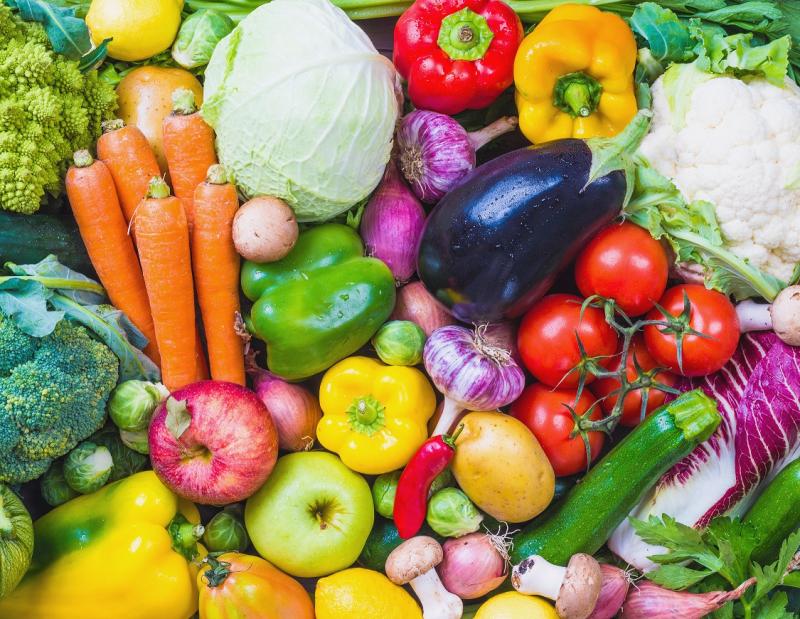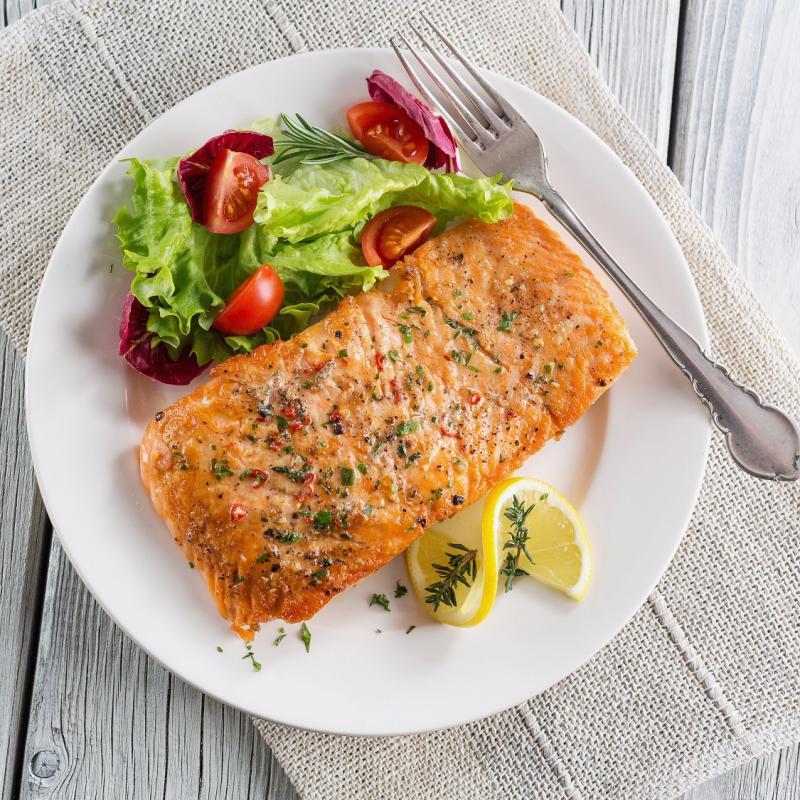Is Paleo the way to go, yes or no?
Staying healthy has always been important, but never more so than this year, the year of COVID-19. Diet plays a crucial role in keeping our immune system strong – it’s our first line of defense against disease. This week’s article explores the Paleo diet– what’s allowed on the menu, and what’s not, and how those foods support a healthy body and encourage a healthier lifestyle.
The idea for a Paleolithic diet in the 20th century gained initial recognition when gastroenterologist Walter L. Voegtlin wrote “The Stone Age Diet” in 1975. Voegtlin believed returning to a hunter-gatherer diet similar to that of Paleolithic humans would be a healthier option. Ten years later, Stanley Boyd Eaton and Melvin Konner delved into the Paleo eating style, and then in 2002 Loren Cordain published “The Paleo Diet.”
Going Paleo, your diet will consist of lean cuts of grass-fed beef, pork and lamb; free range poutry and eggs, organic vegetables and fruits, fish (wild caught is best) and seafood; healthy oils including olive, coconut and avocado; and some nuts and seeds. Dairy products, refined sugars, processed, smoked or cured foods (and yes, that includes bacon), foods with preservatives, unhealthy fats (refined vegetable oils), salt and starchy grains and potatoes – are all off the table. Ideally, none of these non-Paleo foods are buried in the recesses of your cabinets. It’s always best to avoid the temptation.
Weight loss and being healthy are always major motivators when we look for a new diet, a new way to eat and knock off those excess pounds. A 2019 YouTube video presentation by historian Hamilton Stapell of SUNY-New Paltz reviewed results of a 2013 survey he co-authored, to find out who followed the Paleo diet, and why. The primary motivations for subscribing to a Paleo diet for all responding were weight loss and health concerns. Stapell conducted a follow-up online survey in 2018 with 1,506 people responding. The primary reasons were weight loss and recovery from illness. To watch the video, type Stapell’s name in the YouTube search box.
For whatever reasons people follow a Paleo diet, or another, it all comes down to health. Thepaleodiet.com says Paleo is the only one “to which human beings are genetically adapted.” According to the website, following this diet, you are giving your body what it really needs, the foods we are “genetically programmed” to eat. This kind of diet will reduce those hunger pangs, keep you feeling satisfied, which will lead to weight loss. The foods on this diet all have “high nutrient density,” or foods high in healthy nutrients and low in calories.
Where do you buy all of this grass-fed meat, free range poultry and eggs? Food cooperatives such as Rising Tide in Damariscotta, Good Tern Natural Foods Store in Rockland and Belfast Co-op in Belfast. Maine co-ops support local farmers. Check out the MOFGA website. You may be surprised to find out how many family farms there are in our state, and whose foods are at these cooperatives.
Some supermarkets sell grass-fed beef and free range products including Trader Joe’s and Whole Foods. Whole Foods goes a step further and requires all producers to “meet specific and rigorous animal welfare standards that apply to all stages of an animal’s life and environment.” For a list of Maine farms dedicated to the welfare of their stock, visit http://www.eatwild.com/products/maine.html
This all sounds great – delicious even, but what if you’re on a tight budget, living paycheck to paycheck? The paleoleap and thepaleodiet websites suggest using a slow cooker for shank, chuck, shoulder meats that usually cost less. Buy canned wild caught salmon, sardines and mackerel, but if you can buy any of these fresh – it is still best. If you cannot buy organic fruits and vegetables, be sure to wash them, especially during the pandemic because people touch loose, displayed foods. And there are websites listing commercial growers who use little or no pesticides. And don’t forget to visit epa.gov. The Environmental Protection Agency (EPA) is responsible for making sure pesticides still used are safe for consumption and the environment. It evaluates all pesticides by conducting “hundreds of different scientific studies.”
Is it possible to reap the health benefits of the Paleo diet inexpensively? Yes. First, shop around the perimeter of your supermarket and you’ll find what you need. Buy the foods on the diet you can afford or eat just one or two meals of the fresh, grass-fed, free range foods preferred on the Paleo diet.
According to the Mayo Clinic website, there have been no long-term clinical studies about the benefits and possible risks of the Paleo diet. Talk to your doctor about it. He or she might have advice similar to the Mayo Clinic: “You might be able to achieve the same health benefits by getting enough exercise and eating a balanced, healthy diet with a lot of fruits and vegetables.”
Event Date
Address
United States








































